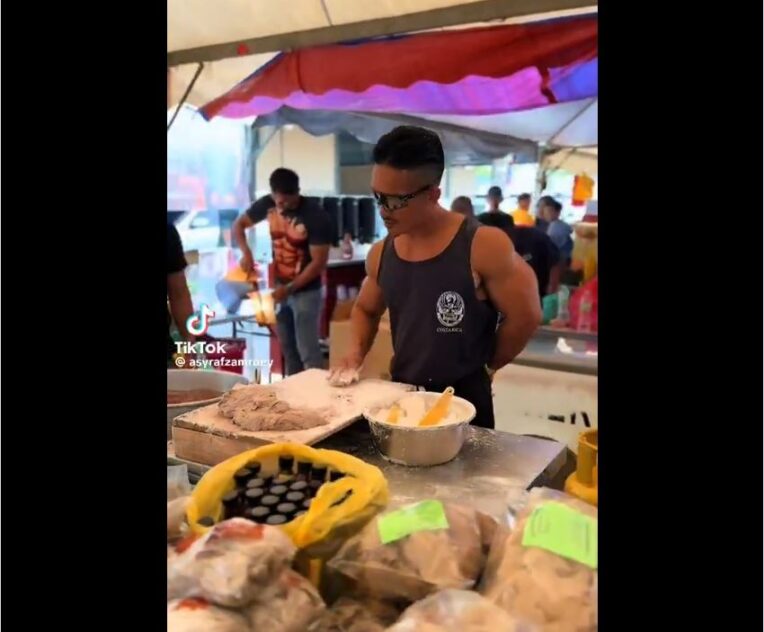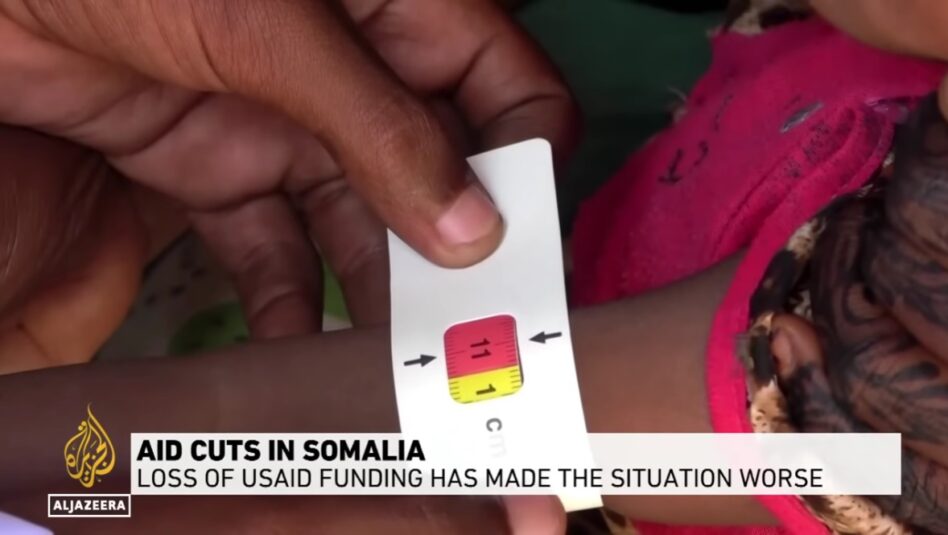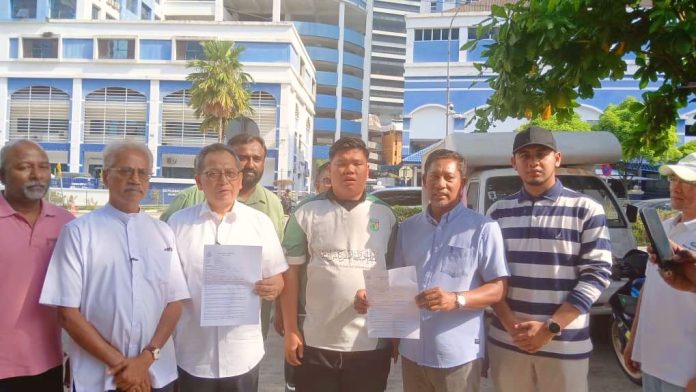By Xavier Kong
THE Conditional Movement Control Order (CMCO) began on May 4 and the first day ended with pictures on social media showing both sides of Malaysians. There were pictures of a long queue outside a building with no social distancing whatsoever, and then there were pictures of public transport passengers adhering well to the guidelines in place.
Still, with the lifting of some of the restrictions, caution is advised, and also being practised, by Malaysians everywhere. The Academy of Medicine of Malaysia, in a statement to the press, urged all levels of society to remain vigilant and continue all necessary precautions “to ensure that the progress we have achieved so far does not come undone.”
“The members of the Academy of Medicine Council and many from the medical fraternity have expressed their concerns regarding the speed and extent of the CMCO as Covid-19 remains an active threat, and a resurgence of Covid-19 could lead to a tsunami/third wave, perhaps worse than the previous waves, with a potential risk of overwhelming the health system capacity and, therefore, increasing deaths,” said Professor Rosmawati Mohamed, Master of the Academy of Medicine.
“I would like to emphasise that every Malaysian and non-Malaysian should take Covid-19 seriously and act responsibly. In fact, the all-of-society approach is crucial to prevent the further spread of Covid-19. The success of lifting certain MCO restrictions can only be achieved if every Malaysian plays his/her roles responsibly and remains vigilant,” she added.
She stated that physical distancing, travel restrictions and prohibition of mass gatherings, such as during Hari Raya and other celebrations, should be maintained for a period of time until the situation is well under control, which will only happen when an effective vaccine is available and a significant proportion of the population is able to receive the vaccine.
“Until then, physical distancing, greeting each other without touching, regular hand-washing, and the use of masks in public must be observed at all times, and everyone has to take on the responsibility of abiding by this new norm/code of conduct,” she said.
Datuk Dr Amar Singh HSS, a retired paediatrician who has written extensively on Covid-19, believes that the public has to take personal responsibility and grow from this pandemic.
“Maybe they (the government) are forcing people to prepare for exiting the MCO. It will be the good people who will say “we are still getting ready,” while those not adequately trained will go faster and they will be the ones more at risk,” he told FocusM.
He also noted that preparation for the people has not been adequate, as people need specifics. He cited the example of Singapore, which has safe distancing ambassadors from 50 government agencies and professionals currently laid off or are unable to go back to work.
“Yes, we have enforcement of the rules, but there they have ambassadors that impart the rules and deal with the details as well. It is also a means of paying these professionals and helping them through the crisis. This is a form of investment needed to bring back the economy,” he added.
For Malaysia to do something similar would require professionals from every sector to be able to converse in the multiple languages spoken in Malaysia, while also having an agency or committee that can answer questions raised when people are trying to adhere to the guidelines.
Economic impact
Still, both Dr Amar and the Academy of Medicine are in agreement that the MCO cannot last indefinitely.
“We acknowledge that the MCO period has been difficult for the livelihoods of many Malaysians, and a gradual restart of our economy is necessary.
“We urge the government to work closely with private sector actors, healthcare professionals and the people to ensure the gradual transition to CMCO, the monitoring of compliance to standard operating procedures (SOP), working from home is the default where possible, and prepare the healthcare system, where both healthcare professionals and Malaysians have to stay vigilant,” said the Academy of Medicine.
Dr Amar concurred that the MCO is not sustainable in the long term, and that the whole point of it was to bring the curve down and buy time for us to get things in shape.
Addressing concerns
However, concerns were again raised about the implementation of the CMCO, with the Galen Centre for Health & Social Policy collecting signatures from patients, former patients, non-government organisations, public health professionals, and individuals regarding the matter.
The collective statement is that it would have been better to implement the CMCO after May 12 “as part of life post-MCO,” which would have allowed at least a week for preparation in understanding and adhering to the guidelines and SOP issued.
“We definitely need to gradually relax the restrictions and ensure that we are able to go
back to life, to work and to rebuild. However, we are concerned that these achievements could be lost if there is not enough investment in time ensuring that people are sufficiently prepared to protect themselves, families, places of work and communities,” said the centre.
“There is a real risk of successive waves of Covid-19 infections as a result of noncompliance and misunderstanding of the SOP due to the lack of preparation time. This could result in Malaysia moving from this MCO to another one potentially in a couple of months. We cannot afford that,” it added.
It noted that there appears to be an overdependence on SOP, along with the expectation that it will solve problems without any investment in ensuring that the people are briefed and trained.
Galen suggested that “successful adherence requires proper understanding and preparation. Two days is not enough time.” It also called for adequate briefing and training for both employers and employees of offices, retail and food shop outlets and other places of work on the specifics of disease prevention according to their work location.
“Everyone should be proactive in making serious preparations to reopen businesses and workplaces. The Ministry of Health, other government agencies and healthcare professionals should be able to offer guidance and enforcement, but we must take personal responsibility to make our homes, offices and businesses Covid-19 safe,” said the centre.
“Lack of preparation will result in unsuccessful implementation of the SOP, increased risks, frustration, conflict, public tension, and most importantly, increased infection and spread of the disease. We hope that the government will consider these concerns and ensure that our sacrifices for the past four months will not be in vain.”
Meanwhile, SME Association of Malaysia president Datuk Michael Kang said there will be a lot of changes ahead due to the pandemic, and that businesses will not operate as usual.
He noted that there are a lot of aspects to get used to and to accept in terms of adhering to health guidelines and SOP.
“Even now we have to figure out a way to keep the number of staff to a minimum, as gatherings are not allowed and there needs to be a scheduling of meetings,” he was quoted as saying.
“With the social distancing in place, changes have to be made, such as in the manufacturing industry. At a manufacturing line, they can no longer have 20 people sitting closely in a row. It has to be reduced to 10 and this may lead to bringing in artificial intelligence machines and robots to replace human resources for more efficiency in the future.
“A lot of new business models will come up and our Malaysian businessmen are creative and innovative. They will find solutions to overcome the new norms and policies,” he added, also sharing his belief that the economy may only get back into full gear in 2021. – May 5, 2020








